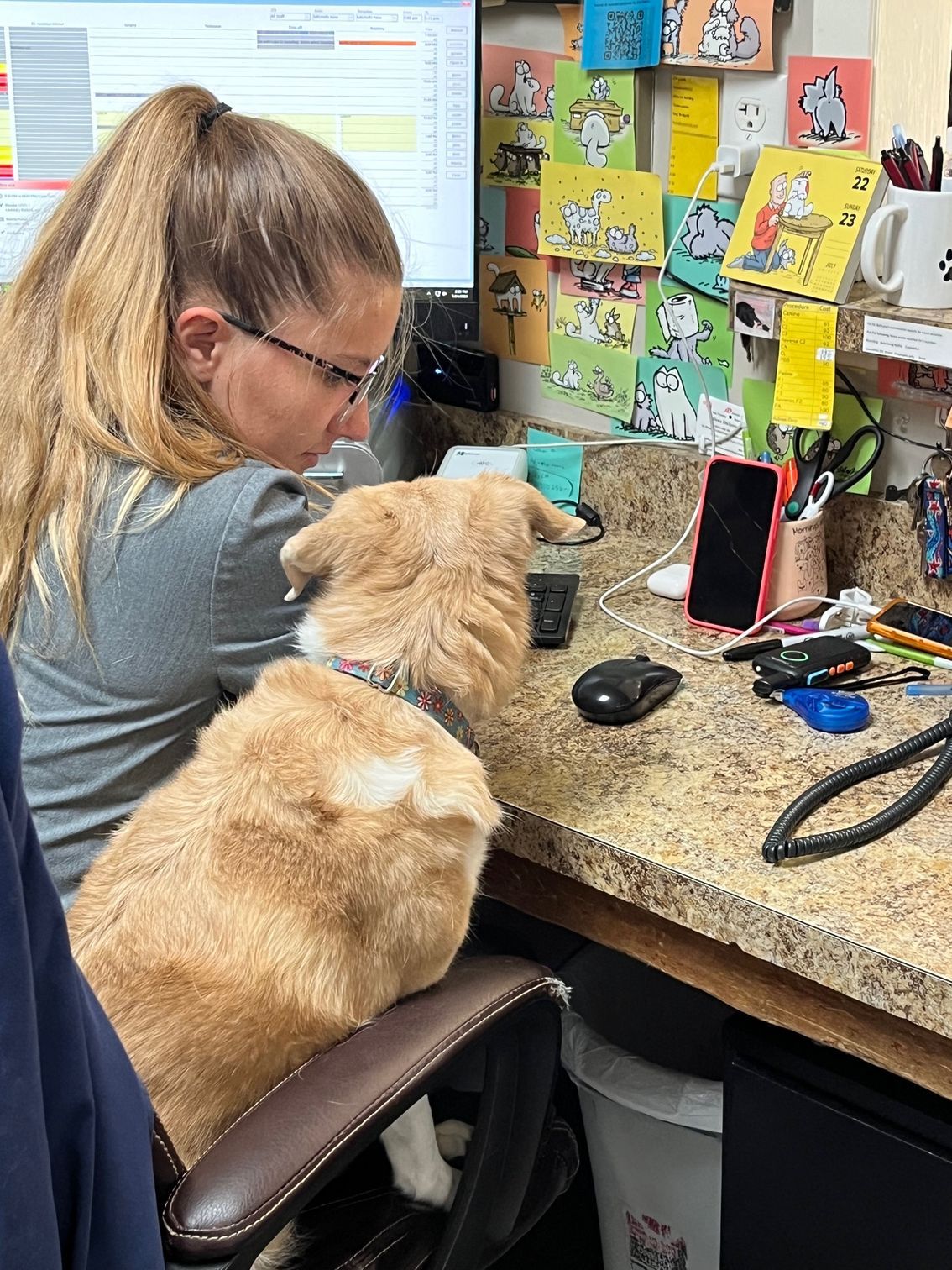Understanding Your Feline Companion Better
Once worshipped as Gods, cats have captivated humanity for centuries with their enigmatic personalities, grace, and independent nature. While their behaviors can sometimes be puzzling, adult cats communicate a lot through their actions, body language, and sounds.
1. We’re Independent but Social
One of the most common misconceptions about cats is that they are entirely independent and prefer solitude. While cats are self-sufficient in many ways, adult cats often form deep bonds with their humans. They enjoy companionship on their terms. For instance, a cat curling up next to you or rubbing against your leg is their way of showing affection. However, respect their space when they seem aloof — it’s not personal; they’re just recharging.
2. Communication is Key
Cats have a sophisticated way of communicating, both with other cats and with humans. Adult cats may meow, purr, hiss, or growl to express their needs or emotions. Meowing: Often directed at humans, meows can mean anything from “I’m hungry” to “Pay attention to me!” Purring: While commonly associated with contentment, it can also indicate that a cat is self-soothing from stress or even in pain. Hissing and Growling: These are clear signs of discomfort, fear, or aggression, often a request for space. Cats also use body language, such as tail movements, ear positioning, and slow blinking, to communicate. A slow blink, for example, is like a cat’s version of a kiss — it means they trust and feel safe with you.
3. Nutrition Matters
Adult cats want you to know that their diet is crucial for their health and happiness. They are obligate carnivores, meaning they require nutrients found primarily in animal-based proteins. While they may beg for a piece of your dinner, many human foods can be harmful. Always provide them with high-quality cat food and fresh water. Additionally, consult your veterinarian to ensure their dietary needs are met as they age.
4. Play Isn’t Just for Kittens
Though they may not be as rambunctious as kittens, adult cats still need regular playtime to stay physically and mentally stimulated. Interactive toys, laser pointers, or even a simple string can provide hours of entertainment. Play also helps to strengthen the bond between you and your cat while keeping their natural hunting instincts sharp.
5. We Need a Safe and Stimulating Environment
Cats are territorial creatures who thrive in an environment that feels safe and stimulating. Adult cats appreciate having designated spots where they can retreat when they need peace, such as a cozy bed or a high perch. They also enjoy exploring, so scratching posts, climbing trees, and window perches can keep them entertained. A view of the outdoors, through a window, offers endless fascination for cats.
6. Grooming Is a Sign of Care
Most adult cats take great pride in keeping themselves clean and spend a significant portion of their day grooming. However, they may need your help with regular brushing, especially if they have long fur prone to matting. Grooming not only helps prevent hairballs but also strengthens the bond between you and your cat. Regular nail trimming is also essential for their comfort and health.
7. Veterinary Visits Are Non-Negotiable
Kittens are like sponges, absorbing information and energy from their surroundings. They want you to know that your actions and demeanor greatly influence their behavior. If you’re calm and gentle, they’ll feel secure and learn to trust. Conversely, loud noises or sudden movements can frighten them and impact their confidence. Use this time to teach them essential skills, such as litter box training and appropriate scratching behaviors. Always reward positive actions with treats or affection to reinforce good habits.
8. Respect Our Boundaries
Regular veterinary care is something kittens would emphasize if they could. Vaccinations, deworming, and routine check-ups are crucial for their long-term health. They might not love the trip to the vet, but they understand its importance. Spaying or neutering is another topic they’d bring up. It not only prevents unwanted litters but also reduces the risk of certain health issues and behavioral problems.
9. We Thrive on Routine
Cats are creatures of habit who feel secure when their environment is predictable. Maintaining a consistent feeding, playtime, and sleep schedule helps reduce stress for your cat. Abrupt changes, such as moving or introducing new household members, can be unsettling. If changes are unavoidable, introduce them gradually and provide plenty of reassurance.
10. Love Us for Who We Are
Perhaps the most important thing adult cats want you to know is to love and accept them for who they are. Each cat has its own quirks, preferences, and personality traits. Some may be more playful, while others are calm and reserved. Building a trusting and loving relationship requires patience and understanding. Adult cats are fascinating companions with rich inner lives. By understanding their needs, behaviors, and ways of communication, you can create a harmonious life together. Remember, every purr, head bump, or playful swipe is their way of connecting with you. Treat them with kindness, and they’ll reward you with a lifetime of affection and companionship.










